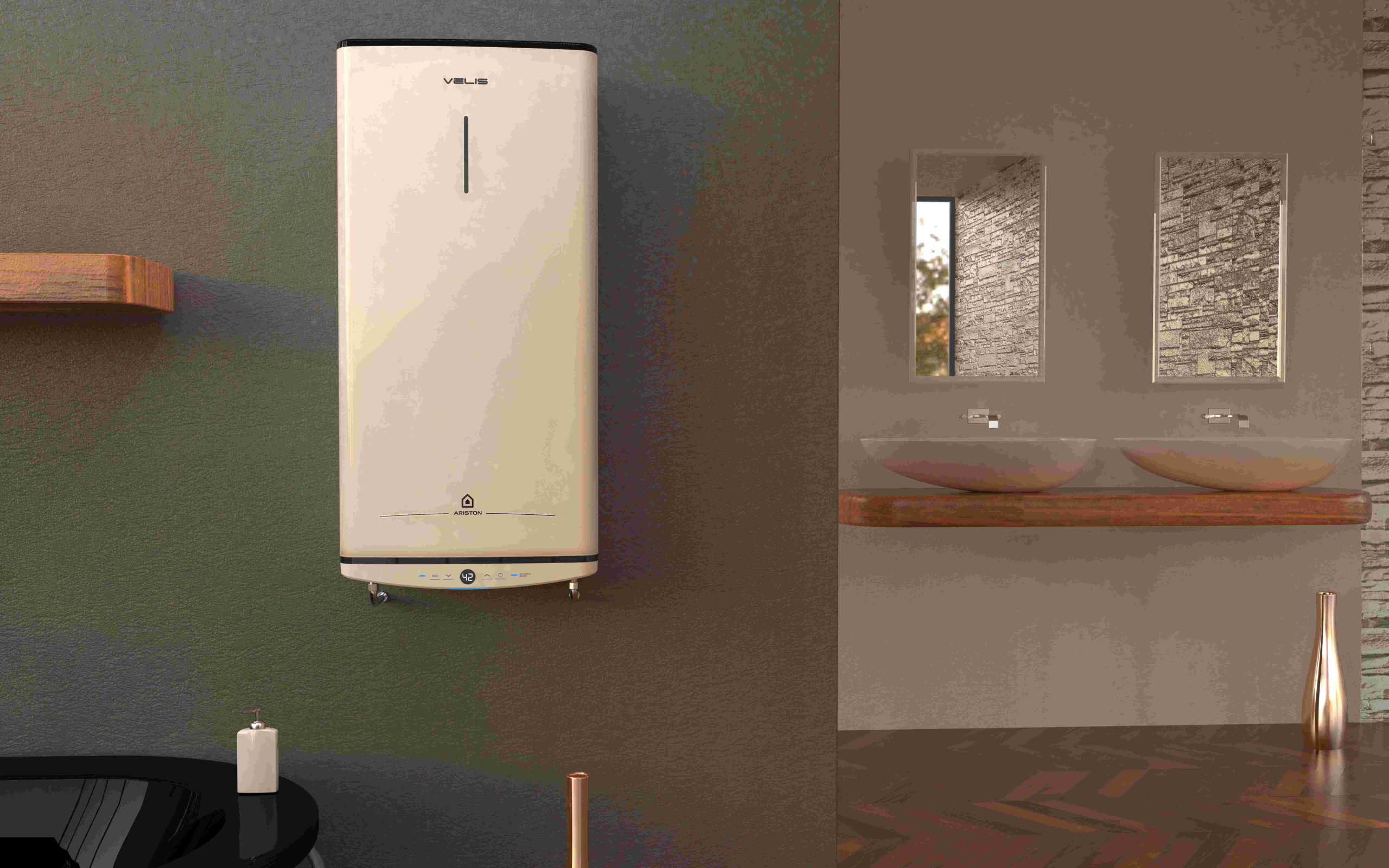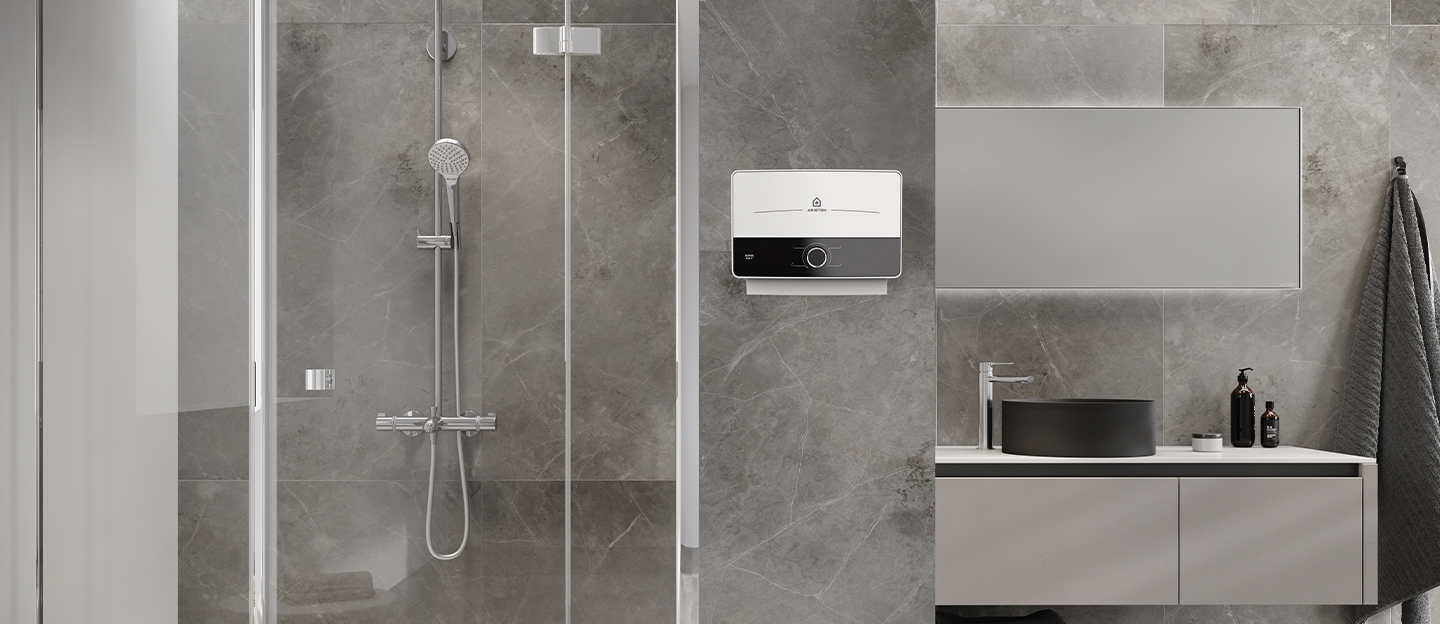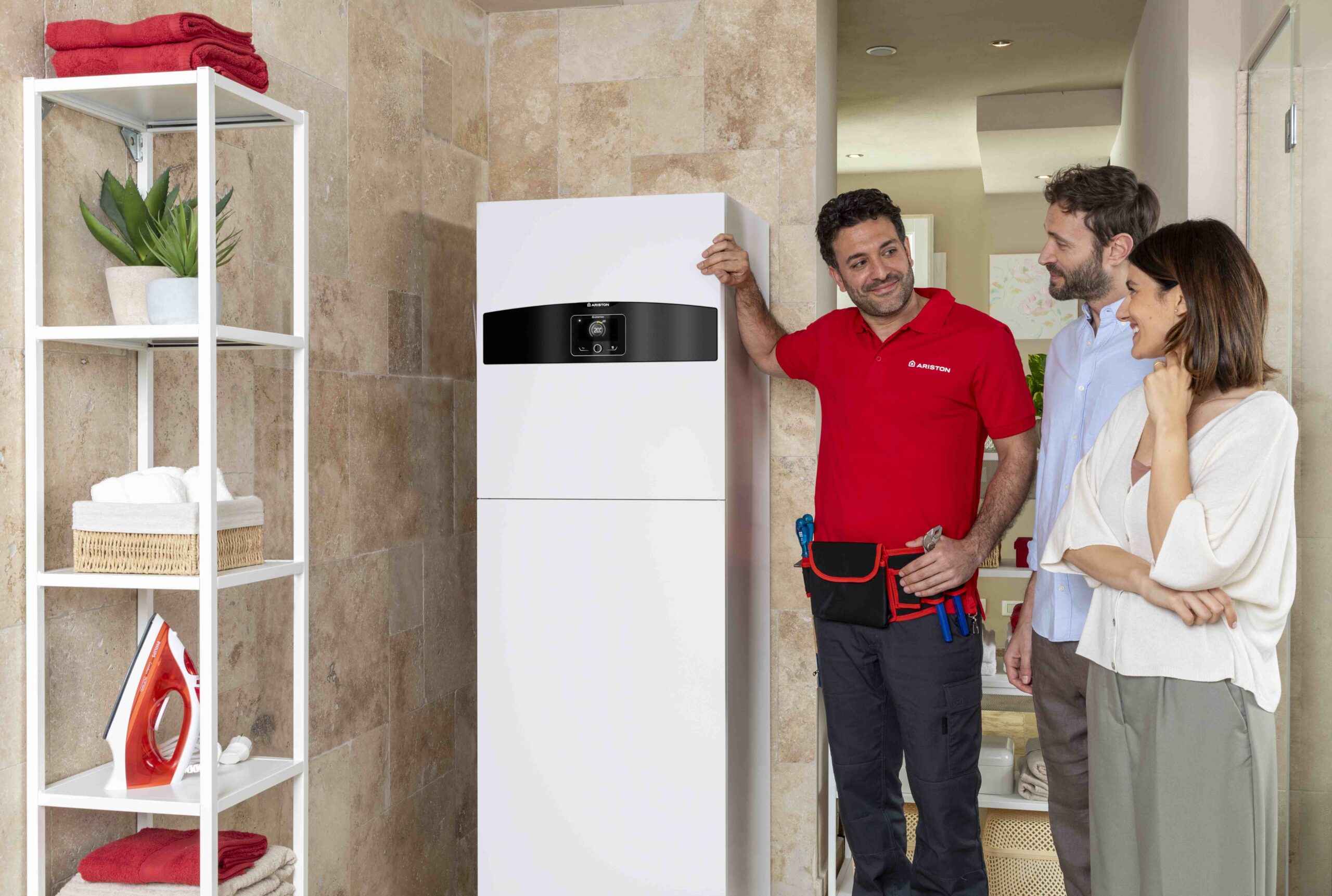What types of water heater are there
Water heaters are designed to supply domestic hot water for personal hygiene. In some cases, this function is integrated into the heating system, for example by using a heat pump.
There are various types of water heaters on the market with different prices, technologies, modes and operation. That’s why it’s essential to know which models are available and the main characteristics of each type of device so you can make an informed decision over which is the best water heater to choose for your home.
The different types of water heaters: models and functionalities
Water heaters differ in various ways, such as in terms of their power sources, installation methods and whether they have a tank. Here are the pros and cons of each type of water heater for the production of domestic hot water.
Gas water heaters
They are cheap and affordable devices, powered by methane, LPG, or propane. In general, gas costs less than electricity, so they are an effective way to save money on your energy bills.
Pros:
- Low initial cost.
- Lower energy costs.
Cons:
- Obligatory maintenance.
- A flue is required.
Electric water heaters
They are powered by electricity, and heat the water using a special electrical resistor. Unlike gas water heaters, there is no combustion process, so they do not produce greenhouse gas emissions and there are no particular safety concerns. However, they are more expensive to buy.
Pros:
- No flue required.
- No direct CO2 emissions.
Cons:
- A higher initial cost.
Instant or storage water heaters
Instant and storage water heaters aren't just another category of water heaters on their own; rather, they represent different operational methods within electric and gas water heaters.
Electric and gas water heaters can be further categorized into 'instant' or 'storage' based on how they make hot water available. Instant water heaters provide hot water on-demand without the need for a storage tank, whereas storage water heaters heat and store water in a tank for immediate or later use.
This distinction is essential in understanding the way in which these heaters deliver domestic hot water.
Instant water heater
Instant models only heat the water when it is needed and have small dimensions so they can be installed in tighter spaces. They are mainly suitable for small families and small and medium-sized properties.
Pros:
- Supply domestic hot water quickly.
- Take up less space.
Cons:
- If multiple taps are opened simultaneously, hot water might not be available everywhere.
Storage water heaters
They are equipped with a special tank where water is always kept at the pre-set temperature. These devices take up less space, they offer a higher capacity to supply more hot water simultaneously from several outlets, so they are ideal for large families and big houses.
Pros:
- The hot water is kept at a constant temperature.
- Several water outlets can be supplied at the same time.
Cons:
- Limited amount of hot water.
- They require more space.
Heat pump water heater
A heat pump water heater isn't your traditional water heater.
While there are various methods to heat water, this innovative technology stands out for its efficiency and environmental sustainability.
Unlike conventional systems, these electric-powered devices harness natural heat from the surrounding air, leading to significantly reduced energy consumption and operational costs.
By using a heat pump mechanism, it offers an alternative and more eco-friendly approach to water heating.
Pros:
- Higher energy efficiency.
- Low environmental impact.
Cons:
- A higher purchase price.
- Reduced performance in extremely low temperatures.
Solar water heater
A solar thermal system represents a departure from traditional water heaters.
Instead of relying on gas or electricity, this method employs solar thermal panels to harness the power of the sun.
These panels utilize a 100% green energy source, solar energy, to provide domestic hot water.
While it boasts a high degree of environmental sustainability, its effectiveness is contingent on the level of solar radiation and therefore, it does not offer continuous performance. Using solar thermal panels showcases another innovative and eco-friendly approach to water heating.
Pros:
- Savings on energy costs.
- Reduced CO2 emissions.
Cons:
- High initial cost.
- Performance is not constant.
What type of water heater to choose for your home.
You should choose a water heater carefully and assess the characteristics of each technology and your hot water requirements. For example, instant water heaters and wall-mounted water heaters are suitable for people who live in apartments, for small families, small and medium-sized homes with fewer water outlets.
Gas water heaters are recommended to save on energy costs when there is a flue and in areas with a particularly harsh climate in winter. To save energy, the best option is a heat pump water heater or hybrid devices with a heat pump and an electrical resistor. For environmental sustainability, on the other hand, a solar thermal system is the ideal way to zero greenhouse gas emissions.
In any case, it’s important to choose the best technologies that offer excellent energy efficiency, low consumption, and simple and intuitive smart management. It’s also a good idea to consider the quality of the materials, the design and the warranty offered by the manufacturer, including the possibility of assistance from a professional and reliable support network.






